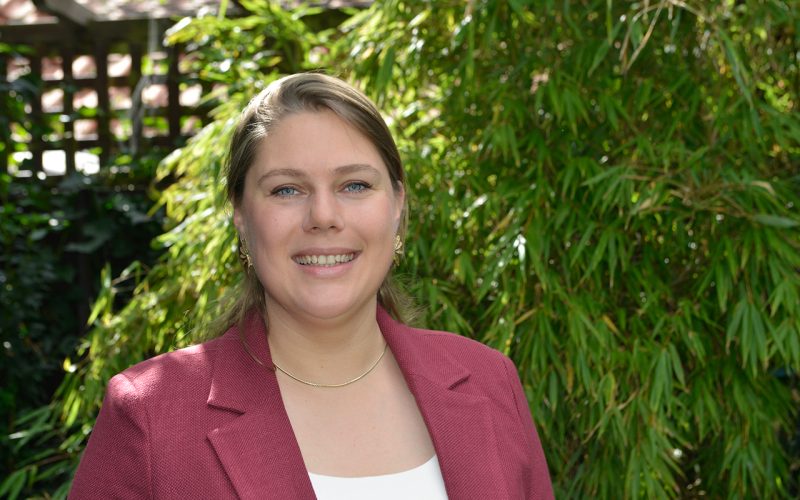Cystic fibrosis (CF) is a rare, hereditary disease that unfortunately cannot yet be cured. It is becoming increasingly possible to combat the symptoms of CF and slow down the disease process, partly due to the advent of CFTR modulators. These drugs improve life expectancy. Whether a patient will truly benefit from this medication can be reliably predicted with an FIS test, PhD candidate Marlou Bierlaagh (UMC Utrecht) concluded this week.
The disease affects around 1,750 people in the Netherlands. Every year, approximately 25 children are born with this disease. What makes CF such a difficult disease is that there are many different mutations that can cause it. Existing medicines are not effective for every mutation. ‘The research shows that it is possible to predict whether people with a rare variant of CF will benefit from certain medicines. The test is safe, feasible and cost-effective,’ says Marlou, who obtained her PhD under Kors van der Ent, Professor of Paediatric Pulmonary Diseases, and Jeffrey Beekman, Professor of Cellular Disease Models.
How is the FIS test used to predict whether medication will work for an individual patient? “It starts with taking cells from the patient. These cells can be stimulated to form clumps of cells that resemble an organ. These intestinal organoids are a replica of a patient’s intestine, including the CFTR channel that does not function properly in people with CF. As a result, these organoids from a patient with CF look different from those of a healthy person. If you add the right medication to make the channel work again, the organoids swell up like little balloons. We can measure how much an organoid swells and how well the channel has been repaired using the FIS test.”
For rare variants of CF, there is an urgent need for methods to predict whether a treatment will work for individual patients. This is because large clinical studies are not feasible for such small and genetically diverse groups. Marlou: “We want the right medicines for individual patients, and this test helps us achieve that. After consultation with the European Medicines Agency (EMA), support was given for further development and research.”
“Rare variants of CF are uncommon. As a result, the scientists, pharmaceutical companies, patient associations and doctors involved work very closely together internationally. They really want to make a difference for every patient, and that gives them energy. I found the dynamics of that collaboration very motivating,” says Marlou. “This PhD programme gives me the foundation to contribute to research into rare diseases in the future, hopefully as a paediatrician.”
The Centre of Expertise for Cystic Fibrosis at UMC Utrecht focuses on the diagnosis and treatment of children and adults with cystic fibrosis.
